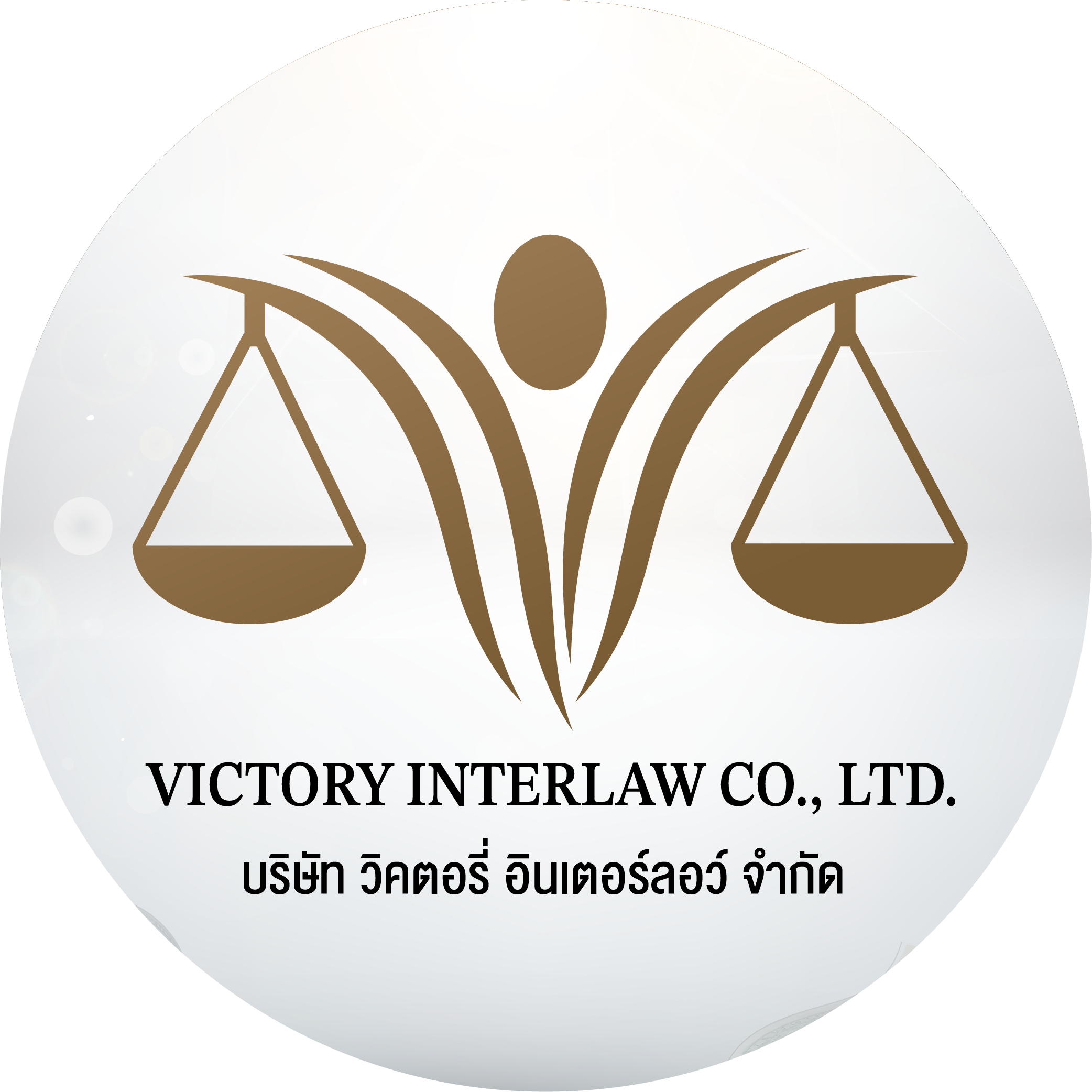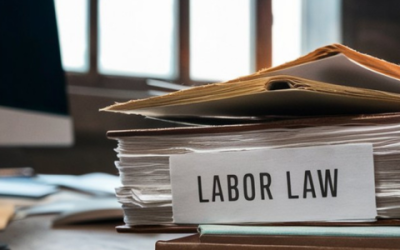Frequently Asked Questions About Arbitration
Arbitration is an increasingly popular method for resolving disputes outside of traditional court systems. Below are some frequently asked questions to help you understand the arbitration process and how it can benefit you.
What is arbitration?
Arbitration is a private dispute resolution process where parties agree to submit their conflict to one or more neutral arbitrators who make a binding decision. It is often chosen for its efficiency, confidentiality, and ability to resolve disputes without the need for a lengthy court trial.
How does arbitration differ from litigation?
- Confidentiality: Arbitration proceedings are generally private and confidential, whereas litigation is typically public.
- Speed: Arbitration can be faster than court litigation due to streamlined procedures and reduced formalities.
- Flexibility: Parties have more control over the selection of arbitrators and the process itself in arbitration.
- Binding Decision: Arbitration decisions, known as awards, are usually final and binding with limited grounds for appeal, unlike court judgments which can often be appealed.
What types of disputes can be resolved through arbitration?
Arbitration can be used to resolve a wide range of disputes, including:
- Commercial Disputes: Breaches of contract, partnership disagreements, and business transactions.
- Employment Issues: Wrongful termination, discrimination, and contractual disputes.
- Construction Conflicts: Project delays, cost overruns, and performance issues.
- International Disputes: Cross-border trade issues, investment disputes, and international business transactions.
- Financial Disputes: Matters involving banking, securities, and investment agreements.
What are the steps involved in the arbitration process?
- Agreement to Arbitrate: Parties agree to resolve their dispute through arbitration, either via a pre-existing arbitration clause in a contract or a separate arbitration agreement.
- Selecting Arbitrators: The parties choose one or more arbitrators based on their expertise and neutrality.
- Preliminary Hearing: A preliminary meeting may be held to outline the process, set timelines, and determine the scope of discovery.
- Evidence Submission: Both parties submit evidence and documents relevant to the dispute.
- Arbitration Hearing: A hearing is conducted where each party presents their case, including witness testimony and legal arguments.
- Deliberation and Award: The arbitrator(s) deliberate and issue a binding decision, known as an award.
- Enforcement: The award is enforced, and compliance is monitored, with legal steps taken if necessary.
Who can serve as an arbitrator?
Arbitrators are typically chosen for their expertise and neutrality. They can be:
- Legal Professionals: Experienced lawyers or retired judges with a background in arbitration.
- Industry Experts: Professionals with specialized knowledge relevant to the dispute, such as engineers for construction cases or financial experts for banking disputes.
- Professional Arbitrators: Individuals trained and certified to conduct arbitration proceedings.
How are arbitrators selected?
Arbitrators are usually selected by mutual agreement of the parties. The selection process can involve:
- Direct Selection: Each party proposes one or more arbitrators, and a mutual choice is made.
- Institutional Appointment: An arbitration institution appoints the arbitrators based on its rules and the nature of the dispute.
- Panel Selection: For more complex cases, a panel of arbitrators may be formed, with each party selecting one arbitrator, and those arbitrators jointly choosing a third.
What are the rules governing arbitration?
Arbitration can be governed by:
- Institutional Rules: Established rules from recognized arbitration institutions, such as the International Chamber of Commerce (ICC) or the Singapore International Arbitration Centre (SIAC).
- Ad Hoc Rules: Custom rules agreed upon by the parties, tailored to the specifics of their dispute.
- National Laws: Arbitration may also be subject to national laws, such as the Thai Arbitration Act, which provide a legal framework for the process.
Is arbitration binding?
Yes, arbitration decisions are typically binding on the parties involved. This means:
- Final Decision: The arbitrator’s award is final and not subject to appeal, except on very limited grounds such as procedural misconduct or bias.
- Enforcement: Arbitration awards can be enforced in court under international treaties like the New York Convention, ensuring compliance across borders.
Can arbitration be appealed?
Arbitration awards are generally final and binding with very limited grounds for appeal, which may include:
- Procedural Irregularities: If the arbitration process deviated significantly from agreed procedures or statutory requirements.
- Bias or Misconduct: Evidence of arbitrator bias or misconduct.
- Exceeding Authority: If the arbitrator exceeded their authority or decided on matters outside the scope of the arbitration agreement.
What are the costs associated with arbitration?
Arbitration costs can vary widely depending on:
- Arbitrator Fees: Payment for the arbitrator(s), which can be significant for experienced or high-profile arbitrators.
- Administrative Fees: Fees charged by arbitration institutions for managing the process.
- Legal and Expert Fees: Costs for legal representation and expert witnesses.
- Other Expenses: Costs for venue rental, document production, and other procedural needs.
Why choose arbitration over litigation?
Arbitration is often preferred for its:
- Confidentiality: Keeping sensitive information private.
- Efficiency: Resolving disputes faster than traditional court systems.
- Specialization: Allowing for arbitrators with specific expertise in the dispute’s subject matter.
- Control: Offering more flexibility and control over the process and procedures.
- International Enforceability: Ease of enforcing awards internationally through the New York Convention.
How can Victory InterLaw assist with arbitration?
Victory InterLaw provides comprehensive arbitration services, including:
- Case Assessment: Evaluating the merits of your case and advising on the best arbitration strategy.
- Arbitrator Selection: Assisting in choosing qualified and impartial arbitrators.
- Preparation and Representation: Preparing evidence, legal submissions, and representing you throughout the arbitration process.
- Award Enforcement: Helping enforce arbitration awards both locally and internationally.
Contact Victory InterLaw Today
For expert arbitration services and guidance on resolving your disputes efficiently and effectively, contact Victory InterLaw. Our experienced legal team is ready to assist you in navigating the arbitration process and achieving a favorable resolution.





